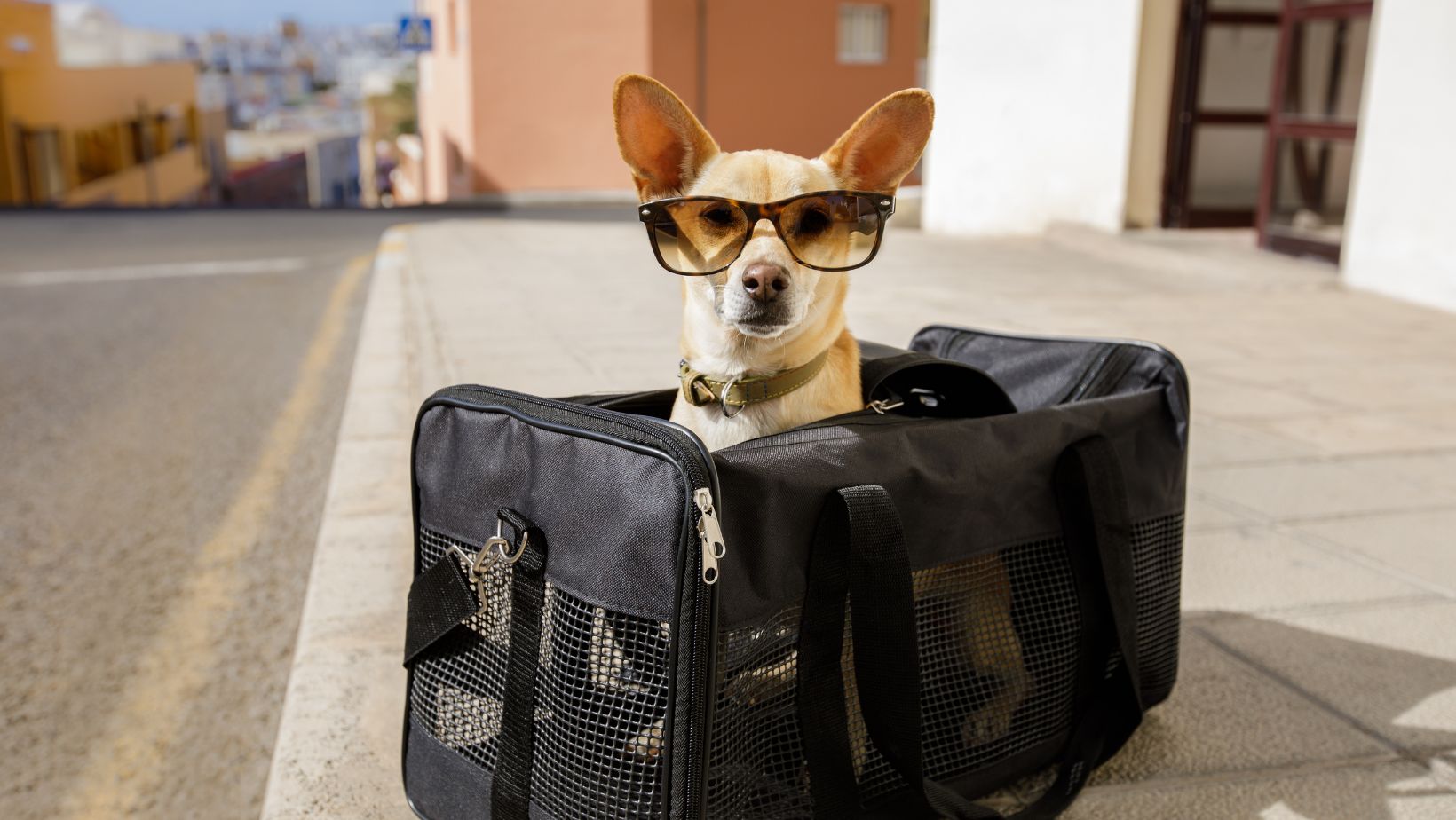If you’re going on a business trip or vacation, you’ll need to make arrangements for your pet’s care while you’re away. Several options are available from having a neighbor check in a few times a day to letting your pet stay with friends or relatives. Boarding is also an option, and in many cases, it’s the best alternative. When you leave your pet with a trusted boarding center, you can rest assured that he or she will be well cared for. You won’t have to worry about all the dangers your fur baby could accidentally be exposed to or the stress and anxiety that could arise if left alone.
That said, if you’re planning to board your puppy, it’s important to iron out a few details ahead of time. Asking the right questions beforehand will help to ensure your pet has a pleasant stay while you’re away. It’ll also aid in keeping stress to a minimum. Before boarding your fur baby, be sure to consider the following points.
Vaccination Requirements
For one, it’s important to understand which vaccinations a boarding center requires its guests to have. Most require rabies, distemper, and Bordetella. Your boarding center may have additional requirements. Those regulations are in place to protect your pet and other people, as well as the caregivers at the boarding center. If you have a young puppy, though, that could be an issue.
Dogs generally get the Bordetella vaccine and the first round of the distemper vaccine at six to eight weeks old. Beyond that, they need two more doses of the distemper vaccine, which are given at ten to twelve weeks and fourteen to sixteen weeks. The latter timeframe is also when puppies get their rabies vaccines. If your pup isn’t old enough to get those vaccines, boarding may not be a good idea, and the center may not accept him or her.

In addition to those vaccines and others the boarding center may require, being sure your pet is up to date on flea, tick, and heartworm medications is also recommended. Either of those parasites can easily be passed from one pet to another, so it’s best to protect your furry friend. Keep in mind that all these medications and vaccinations take some time to become fully effective, so don’t get them at the last minute before boarding your pet.
Food and Allowances
Most boarding centers provide food for their guests, but they offer a specific brand. Some allow you to bring your pet’s usual food from home if you prefer. Be sure to find out what type of food the center provides and whether you’re allowed to bring the brand your pet is accustomed to as an alternative. Find out if the center has any specific requirements regarding food brought from home as well. Additionally, be sure to provide your pet’s feeding schedule to the center’s staff at drop-off.
Bringing Items From Home
Ask about the center’s policies regarding bringing items from home too. Bringing along one or two of your pet’s favorite toys can give him or her comfort in an unfamiliar environment, but most boarding centers have restrictions on the types of items and how many of them you can bring. Along those same lines, be sure you understand which items you may be required to bring for your pet.
Special Care and Medications
Many pets need medications or special care for certain medical conditions. If yours falls into that category, be sure to tell the boarding center about them.

Most centers make allowances for many of those needs. Still, they often have restrictions on the types of care and medications they’re able to give. Those guidelines are in place to keep staff members and guests safe.
Ensuring Your Pet Has a Positive Boarding Experience
Several considerations come into play when you’re getting ready to board a pet. Be sure to keep those listed here in mind as you’re looking for a boarding center and making reservations. Ironing out those details ahead of time and understanding any restrictions that may be in place will help to ensure your pet has a positive boarding experience.


